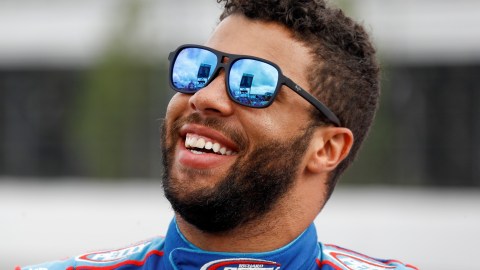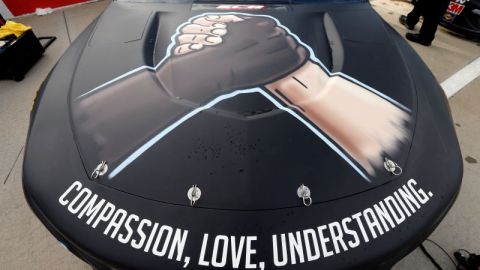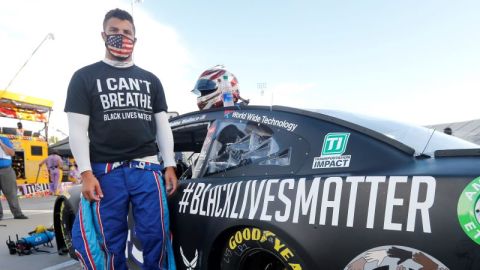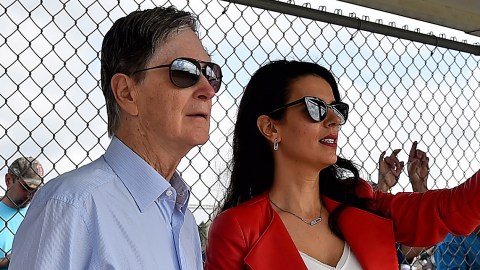 Like all kids who have access to a basketball and a hoop, a young Earl Monroe visualized himself in the shoes of the game’s greats, reliving their legendary plays and basking in imaginary glory.
Like all kids who have access to a basketball and a hoop, a young Earl Monroe visualized himself in the shoes of the game’s greats, reliving their legendary plays and basking in imaginary glory.
Monroe was different from most of the other kids playing out their fantasies on South Philadelphia playgrounds, however. Instead of emulating Paul Arizin, Tom Gola or other legendary Warriors players, Monroe daydreamed of being part of Philly’s greatest rival, the Celtics. Namely, he imagined himself as Bill Russell, Bob Cousy and Bill Sharman.
“I would say: ‘There’s Russell taking the ball out from underneath, he passes to Cousy, Cousy hook passes down to Sharman, Sharman to the free throw line, jumper!’ ” Monroe said. “That was kind of how we played the game. There were a few of us in Philadelphia who were Celtics fans. The interesting thing, when I played the early Celtics teams when I got into the league, I was always nervous playing Sam Jones, K.C. Jones and so forth.”
Being slightly starstruck never seemed to hurt Monroe as a member of the Baltimore Bullets, but when he joined the Knicks in 1971, there was no time for hero worship. Monroe was one of the league’s greatest stars in Baltimore, where he made two All-Star teams and averaged more than 20 points per game in all four of his seasons there, but when he joined the Knicks he became part of what may have been that era’s fiercest rivalry.
Boston and New York did not have much of a rivalry going prior to Monroe’s arrival in the league in 1967, mainly because they had never been any good at the same time. The Knicks were regulars in the conference and league finals in the late 1940s and early ’50s, but then Russell arrived as the Knicks fell into a decade of mediocrity. Meanwhile, Philadelphia — first the Warriors, then the 76ers — arose as the Celtics’ greatest rival.
Monroe had his run-ins with the Celtics, including his professional debut, when he dragged his jaw around the court against Jones, Russell and other idols of his youth. Mostly, though, Monroe’s top rival was New York. The Knicks ended the Bullets’ season in the Eastern Conference semifinals in 1969 and 1970, then took Monroe’s team to seven games in the conference finals in 1971. When the Bullets traded Monroe to New York in November 1971 for Mike Riordan, Dave Stallworth and cash, the best was yet to come between two cities more often in contention on the baseball diamond.
The Knicks and Celtics met up in the playoffs three straight times from 1972 to ’74, with the winner making it to the Finals each time. The Knicks won the first two series, losing to the Lakers in 1972 before breaking through in ’73 with a championship that shattered the critics’ notions that the flamboyant Monroe could never mesh with the selfless Knicks, who had won their first title without him in 1970. That ’73 series marked the first time any opponent had ever beaten the Celtics in a Game 7. The Celtics finally came out on top in 1974, going on to outlast the Bucks in the Finals.
Those Knicks-Celtics showdowns became the stuff of legends. Monroe calls them “fun” and laughs about dribbling backward off of screens so that a Celtics guard could recover, preventing the notoriously physical Dave Cowens from switching onto him. Yet the competition was fierce, and the games often literally drew blood.
“Those Knicks-Celtics series were really great series, because it’s almost like Yankees-Red Sox — the hated team against the hated team,” said Monroe, who has collected his memories of those matchups along with stories of his challenging childhood in a book, titled My Story, which comes out Tuesday. “But on those teams were guys you respected and liked as well. For the Celtics, of course, you had John Havlicek, Dave Cowens, Don Chaney, Jo Jo White and so on. It was a battle. When I think back to those days, it was all about the competition. Certainly, they had a great team, and the competition was extraordinary.”
With another installment of the rivalry underway, Monroe is as fascinated as any average fan. Finally, the Celtics and Knicks are simultaneously good again, giving representatives from both teams a chance to reflect — even if, at 68, Monroe’s reverie now features him playing against, not for, the Celtics.
Have a question for Ben Watanabe? Send it to him via Twitter at @BenjeeBallgame or send it here.



